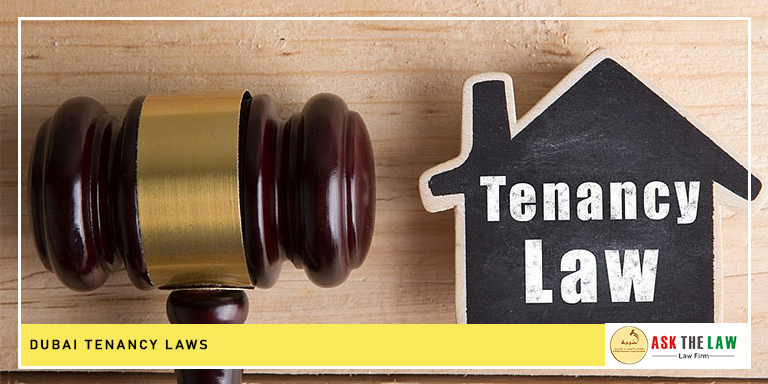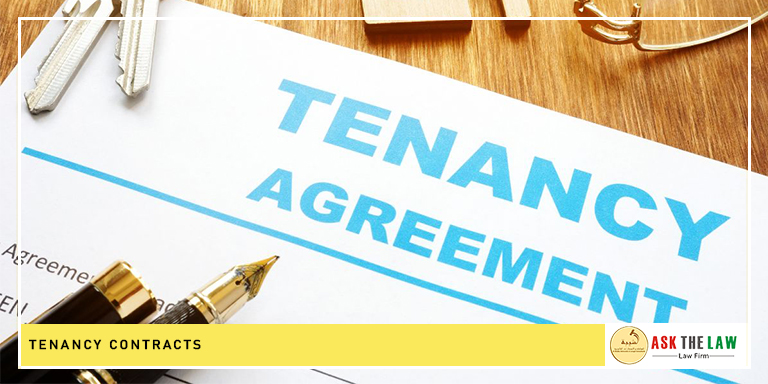
Dubai Tenancy Laws
Dubai Tenancy Law regulates the tenant and landlord relationship. Tenancy Law in Dubai ensures that landlords and tenants are protected. Dubai tenancy law makes sure that rights of both parties are well defined and protected. From both perspective, which means whether you are going to rent out your property or you are going to lease your property, it is essential to avoid any type of dispute.
Key Aspects and Primary Legislation
Primary legislation and key aspects, which has to govern tenancy agreements in Dubai, is the Dubai Rental Law which is Dubai Rental Law No 26 of 2007. It was an amendment to Law No 33 of 2008. The primary in Dubai is Dubai Rental Law No. 26 of 2007, which was amended by Law No. 33 of 2008. The law is to maintain the relationships of both parties so disputes could be reduced.
Tenancy Contracts
What is a tenancy contract? A tenancy contract is a legally binding contract between the lord and the tenant, which has to be signed by both the tenants and landlords, and it has to describe very clearly the entire rental agreement. There must be nothing hidden or trying to keep hidden. Tenancy contract has to include the details such as;
- Total Rental Amount
- Total Payment Terms
- Total Property Description
- Total duration of the lease
- Tenancy contract should also be registered with EJARI. EJARI is an official online system by the UAE government, for registering rental agreements. As we said before, you can consult our lawyers and legal consultants to learn more about EJARI and Tenancy Contracts. Our lawyers in Dubai can also explain the tenancy rules in detail, in United Arab Emirates.
Rent is the key feature in any tenancy contract. Obviously, rent is the only option that helps tenants to take a decision. Therefore the guidelines on rent increasing is the most important topic. Landlords have no right to increase the rent the way they want. DLD or Dubai Land Department provides a protocol to be followed. It means” Rental Increase Calculator” provided by the Dubai Land Department (DLD). Its regulates the specific criteria for rent increase in Dubai, and that is best based on market rates only. 3 months or 90 days’ notice is mandatory, that has to be issued by the landlord to increase the rent.
Security deposit is demanded by Landlords which is usually a requirement. Tenants have to to pay a security deposit, which is refundable but this is not a mandatory clause by the government. For major maintenance, the landlords are responsible, while tenants are required to fix minor maintenance. It is recommended that, tenancy contract should specify all such terms and conditions.
Rental Law also regulates all the circumstances a landlord has to evict or can evict a tenant from his property. Dubai Law No. 33 of 2008, states that a landlord must provide a 12-month eviction notice if they want to get evicted his property. This has to be served through Notary Public. The justified reasons are:
If landlord has to sell his property.
If the major renovations or maintenance is required.
If the landlord has to move himself.
If the tenant has violated the terms of the contract.
In case of a dispute, either party has a right to approach Rental Dispute Settlement Centre (RDSC). RDSC is operated under Dubai Land Department. RDSC has authority for resolving rental conflicts.
Dubai Tenancy Law also clarifies the details about the early termination of a tenancy contract. Tenants have the right to request an early termination if both mutually agree. But, penalties for early termination do exist, too. It all depends on the terms in the contract.
Read More: RERA Tenancy Laws in Dubai & UAE



